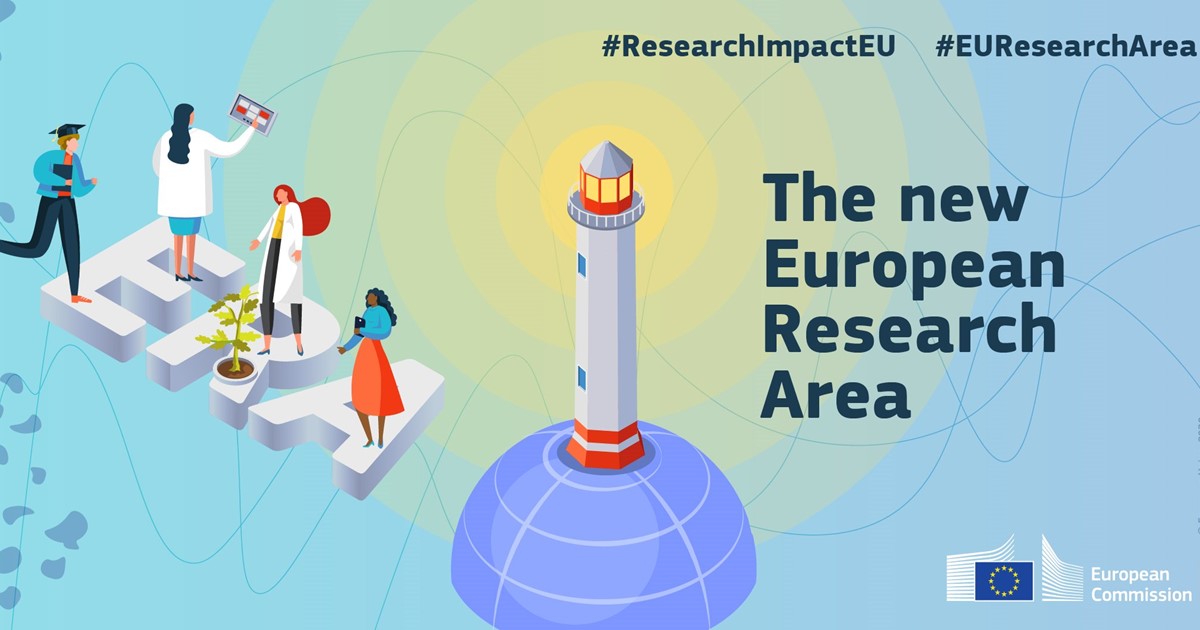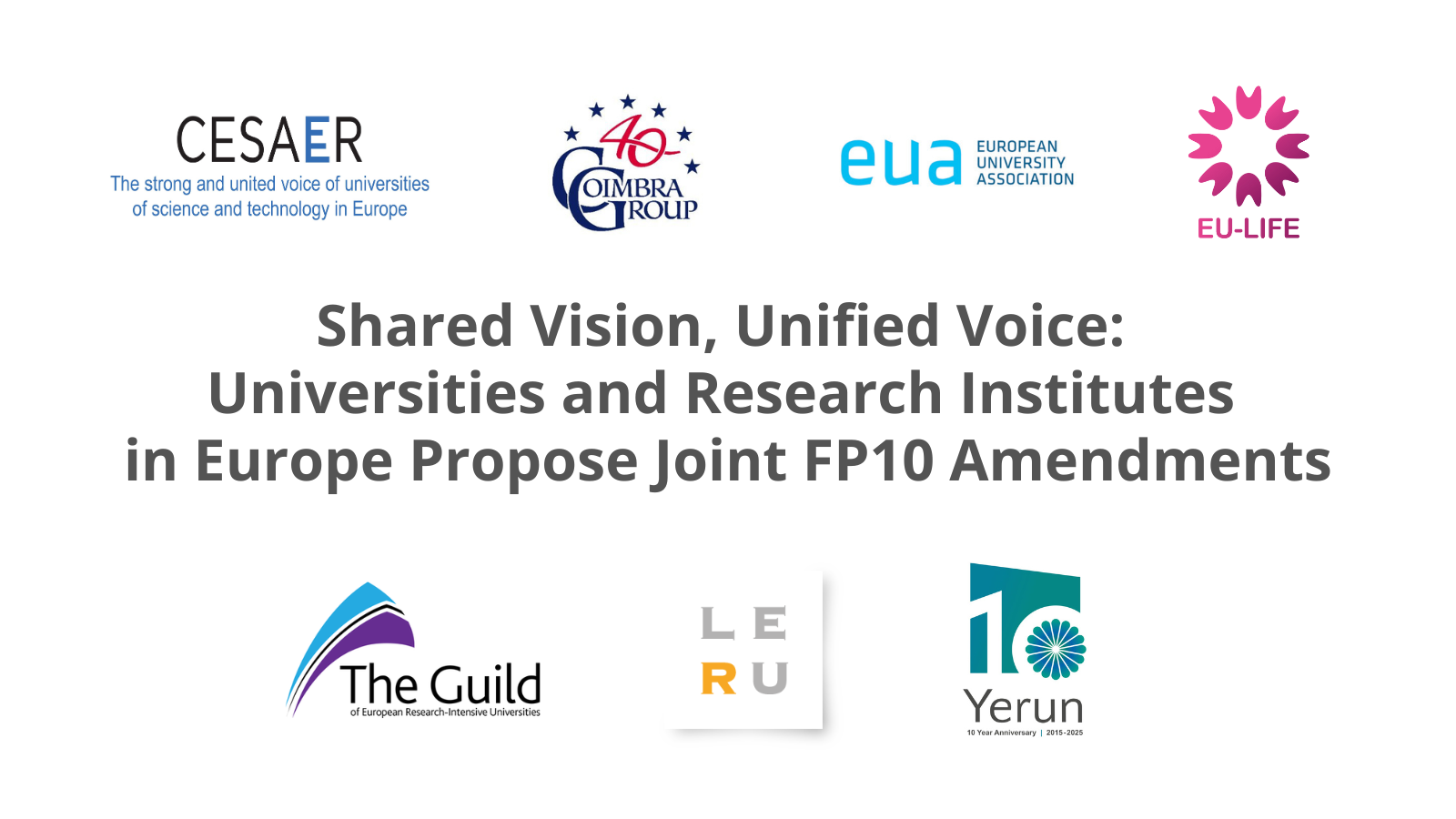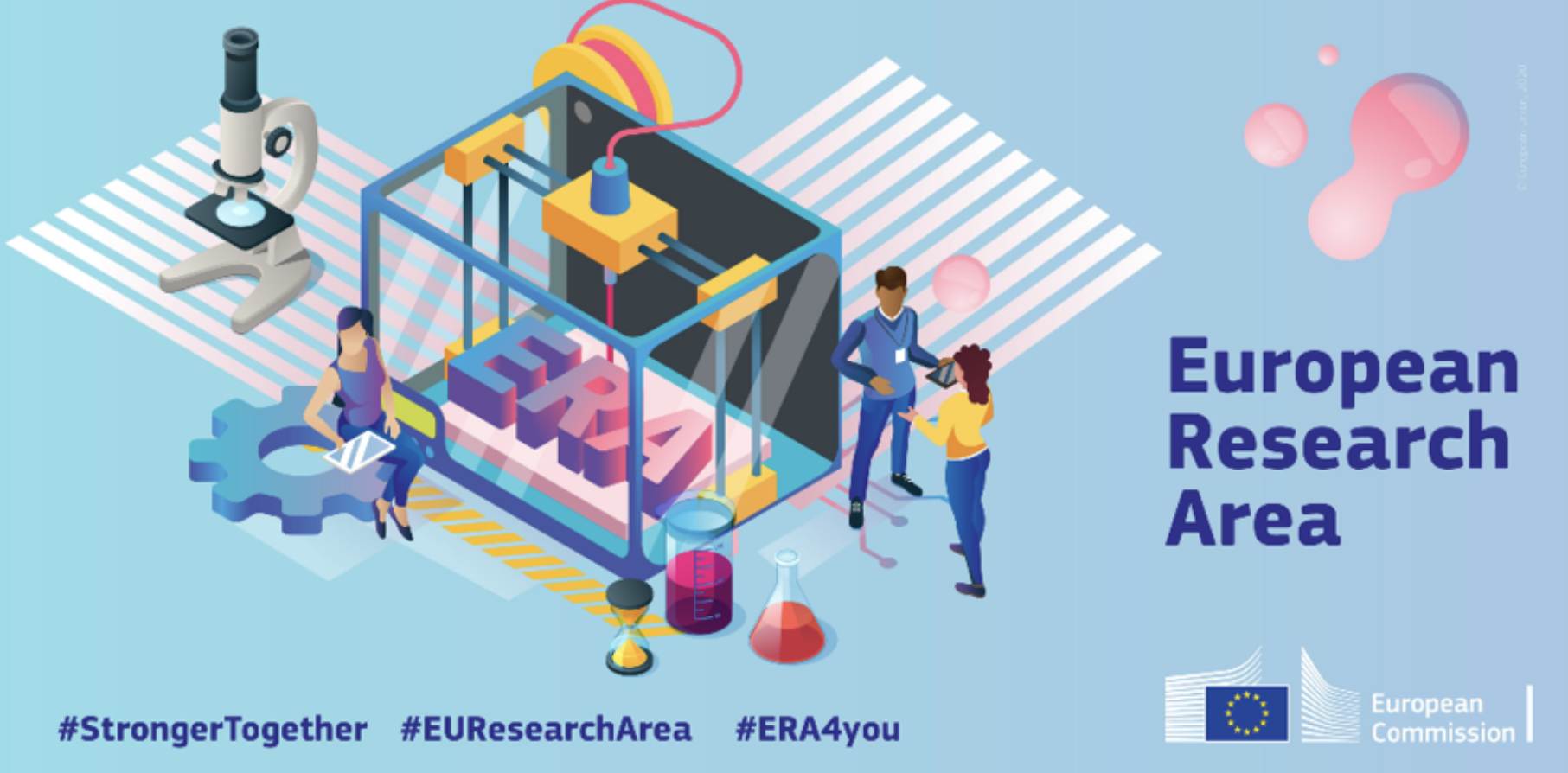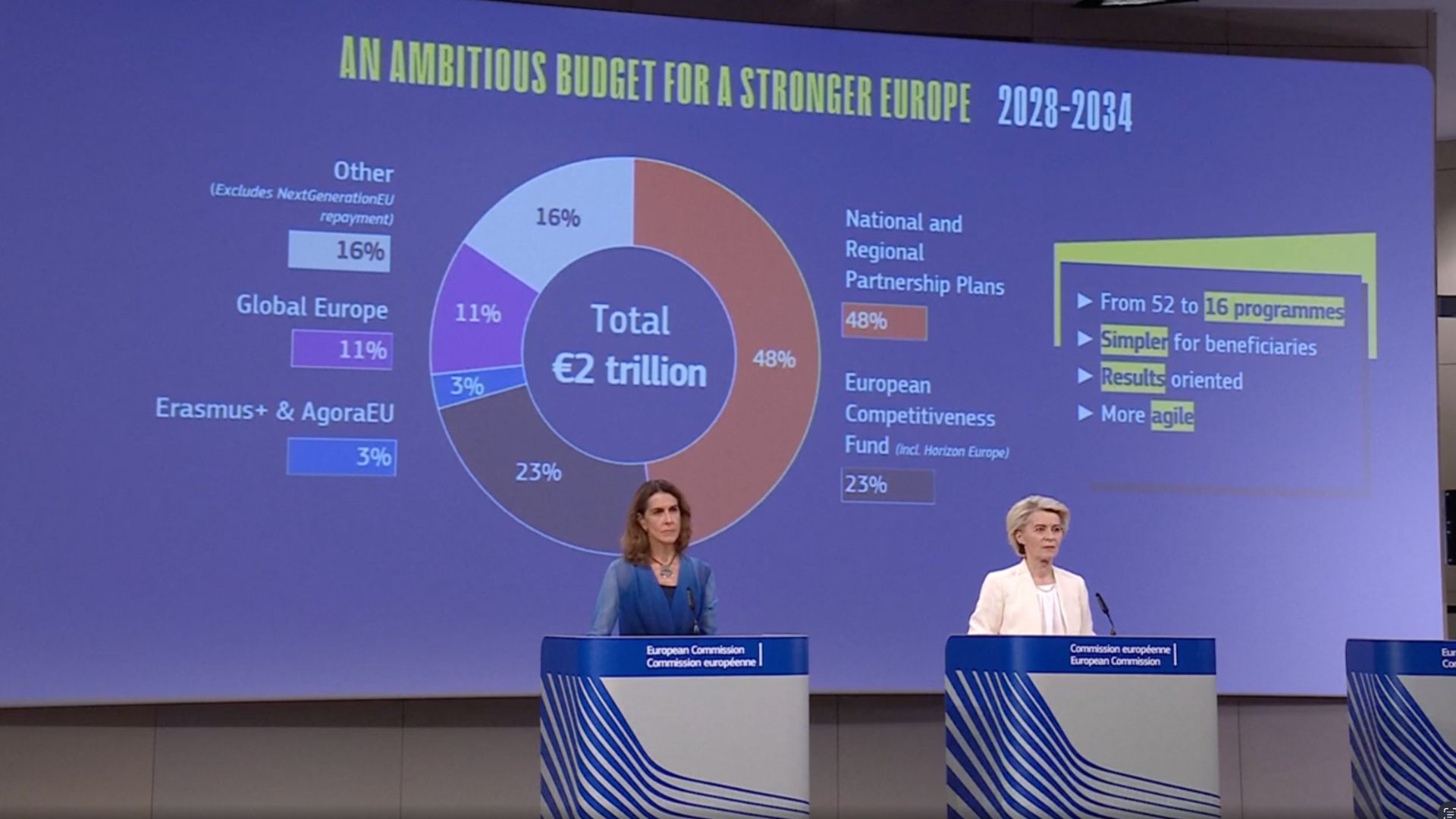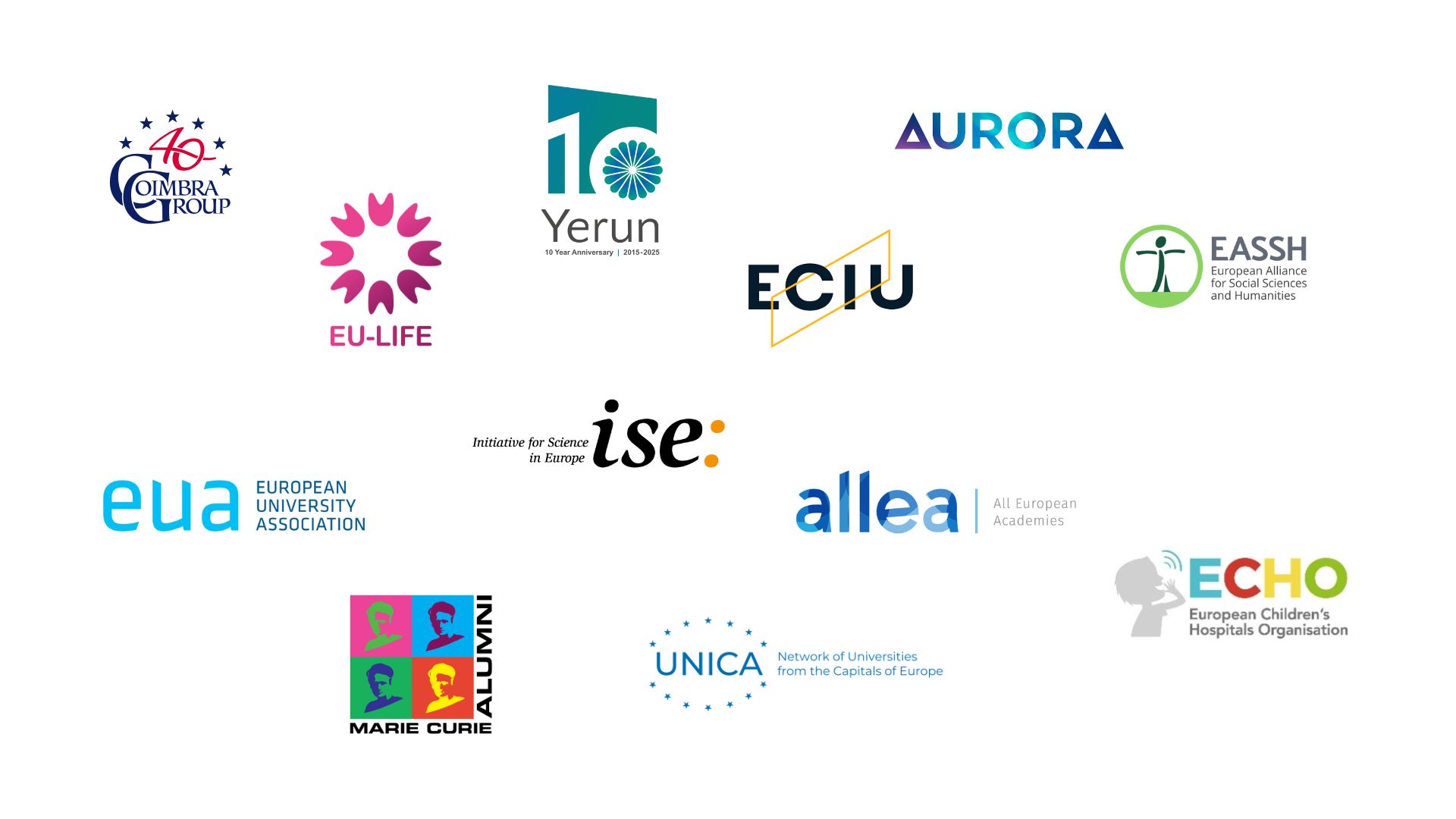In response to the European Commission’s consultation on the future of the European Research Area (ERA), YERUN – The Young European Research Universities Network – has submitted a detailed reflection on the ERA’s progress over the past four years. YERUN’s submission highlights the significant achievements of the ERA, including its collaborative governance model, while also pointing to key challenges that need addressing—such as improving coordination among Member States and streamlining the implementation of ERA Actions. YERUN calls for a more focused Policy Agenda that prioritises the core objectives of the ERA and strengthens the role of universities in driving research and innovation across Europe.
In the submission, we outline critical areas of focus. Below is a summary of the main points raised:
Achievements of the ERA: As a key achievement, YERUN highlights the 2022 reform of the ERA governance structure. This reform introduced the ERA Forum, a collaborative platform that brings together EU Member States and stakeholders—such as universities—to advance the ERA Policy Agenda. YERUN acknowledges the increased stakeholder engagement, which has fostered a more inclusive and co-creative policymaking process.
Challenges and Areas for Improvement: Despite the progress made, YERUN identifies several challenges that remain in achieving the ERA’s goals. The variation in national research and innovation systems across Member States poses difficulties for effective collaboration. YERUN calls for better coordination between national authorities and research institutions to align national and EU funding priorities. Looking ahead, YERUN emphasises the importance of focusing on the ERA’s core objectives, particularly those outlined in the Pact for Research and Innovation. These include prioritising investments, improving access to research excellence, translating R&I results into the economy and society, and deepening the ERA. YERUN advocates for a more streamlined Policy Agenda with fewer, more targeted initiatives that align with these key areas.
Aspirations for the future of ERA: In his report “Much More Than A Market,” Enrico Letta called for a fifth freedom to promote the free movement of knowledge, vital for the ERA’s success across all governance levels. Achieving this requires stronger implementation and commitment in key areas. Additionally, in his recent report on European competitiveness, Mario Draghi emphasised the need for more citizen involvement and structured stakeholder engagement to enhance policymaking. YERUN advocates for a greater focus on improving national-level dialogue systems with stakeholders across EU countries.
The Role of Universities: YERUN underscores the critical role that universities play in the success of the ERA. Universities are essential in driving research, innovation, and collaboration across the European R&I ecosystem. YERUN calls for increased representation and stronger support for universities in the ERA, recognising their value beyond their ranking positions as bridge-builders in the R&I ecosystems facilitating public value co-creation, nurturing talent and democratising innovation.
YERUN reaffirms its commitment to the ERA and its goals, and calls for enhanced coordination, improved governance, and a sharper focus on the ERA’s core priorities. By addressing these challenges and building on the achievements of the past four years, the ERA will become stronger and fulfil its potential.
.
Photocredit: © European Commission

